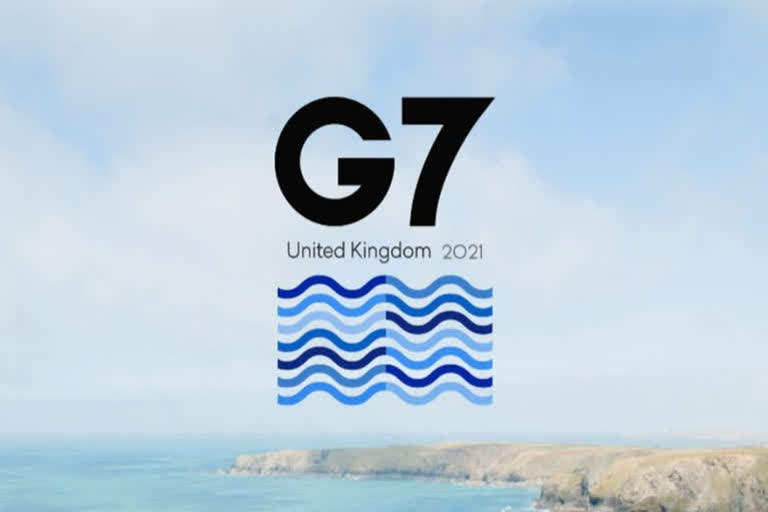London (England): Foreign ministers from the Group of Seven wealthy industrialized nations gathered Tuesday in London for their first face-to-face meeting in more than two years, with the issue of whether to challenge or coax a surging China high on the agenda.
Host nation Britain is keen to show that the rich countries' club still has clout in a fast-changing world and has warned that the increasingly aggressive stances of Russia, China, and Iran pose a challenge to democratic societies and the international rule of law.
UK Foreign Secretary Dominic Raab said the meeting demonstrates diplomacy is back. While, US Secretary of State Antony Blinken underscored the United States' re-embrace of its international allies since President Joe Biden replaced his America-first predecessor, Donald Trump.
Also read:14 on cargo ship from India test Covid positive in SA
Blinken said engaging with China from a position of strength...means actually working with allies and partners, not disparaging them.
It means leaning in and engaging in the vast array of multilateral and international organizations because that's where so many of the rules are made. That's where the norms are shaped," he said. And if we're not leaning in, we know that Beijing is likely to be trying to do so in our place.
At the two-day meeting, top diplomats from the UK, the United States, Canada, France, Germany, Italy and Japan also were to discuss the military coup in Myanmar, the humanitarian crisis in Syria, the Tigray crisis in Ethiopia, and the precarious situation in Afghanistan, where US troops and their NATO allies are winding down a two-decade deployment.
The UK Foreign Office said the group would also discuss Russia's ongoing malign activity, including Moscow's earlier troop buildup on the border with Ukraine and the imprisonment of opposition politician Alexei Navalny.
Also read:‘Horrible’ weeks ahead as India’s virus catastrophe worsens
While the G-7 members likely can agree in broad terms to condemn Navalny's imprisonment or Beijing's repression of the Uyghur minority in Xinjiang, there are differences over how to relate to countries such as China and Russia that will have to be smoothed out in any final communique on Wednesday.
Asked what message the group would send to authoritarian regimes, Raab said the G-7 believed in keeping trade open. We believe in standing up for open societies, human rights and democracy. We believe in safeguarding and promoting the public good.
